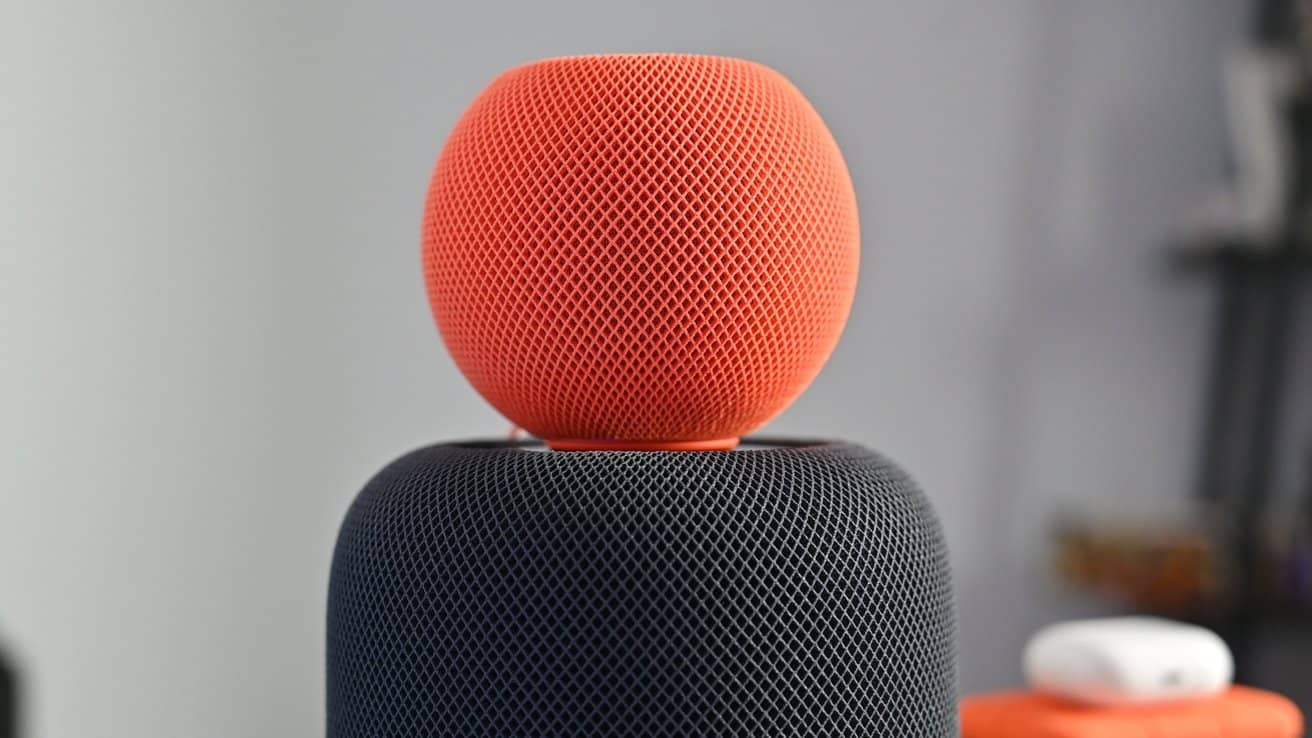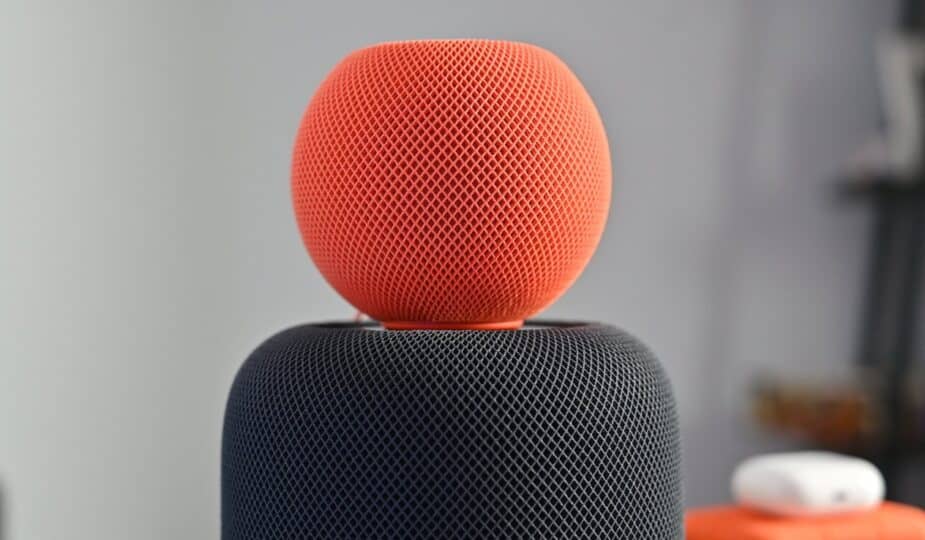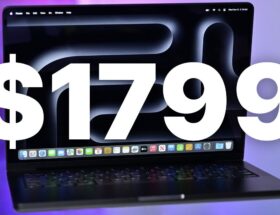HomePod and HomePod mini
 20 Facebook x.com Reddit
20 Facebook x.com Reddit
Despite Apple's dominance in consumer tech, its smart home speaker strategy lags behind Amazon and Google. But the company has a new strategy.
Apple, the leader in smartphones, tablets, and wearables, is struggling to replicate its success in the smart home market. Recent reports show that the company’s smart home offerings are struggling to maintain significant market share.
Apple’s problems with smart speakers are particularly evident, as Amazon’s Echo series and Google’s Home devices dominate the market. A survey by Consumer Intelligence Research Partners (CIRP) shows that Amazon’s Echo has more than two-thirds of the US market share, while Google holds on to about a quarter.
Despite its claims, Apple’s HomePod has only 6% share, significantly lower than its competitors. What’s more, 40% of Apple device owners who bought an iPhone, iPad, Mac, or Apple Watch in the last year also own an Amazon Echo, while 19% own a Google smart speaker.
Apple's HomePod has just 13% of customers, suggesting the company is losing out to competitors and failing to attract its most loyal users.
The Ecosystem Dilemma
The entrenched nature of smart home ecosystems, with Amazon and Google's longer histories and broader device integration, presents a challenge for Apple. Platform stickiness, similar to iOS versus Android, is holding Apple back.
Percentage of smart speaker owners who purchased a device in the twelve months to June 2024. Image credit: CIRP
Smart home users are sticking to their setups, and Amazon and Google’s interconnected platforms integrate easily with third-party devices. Apple has struggled to implement better integration without convincing users to rethink their arrangements.
The company’s cautious approach, high price, and limited functionality of its first HomePod have hampered adoption. Its focus on premium devices with tight ecosystem integration has failed to resonate with the smart speaker market.
Apple’s HomeKit platform has struggled with strict requirements for third-party accessory makers.
Apple's New Strategy
To address these issues, Apple is expanding its HomePod line with broader accessory support, better integration with Apple Intelligence, and possibly a screen-based Home device. The company has been refining its HomeOS software to provide a seamless smart home experience, but faces challenges in making significant inroads.
Share of Apple customers who own smart speakers in the twelve months to June 2024. Image credit: CIRP
The smart home market is stabilizing with fewer groundbreaking innovations. Many users prefer smart speakers for streaming music or checking the weather to complex home automation systems.
Apple needs compelling use cases to convince consumers to invest in its ecosystem. Despite the planned improvements, the company faces an uphill battle in the mature smart speaker market.
Amazon and Google lead by a wide margin. The question is whether Apple can offer something truly different to stand out.
Follow AppleInsider on Google News










